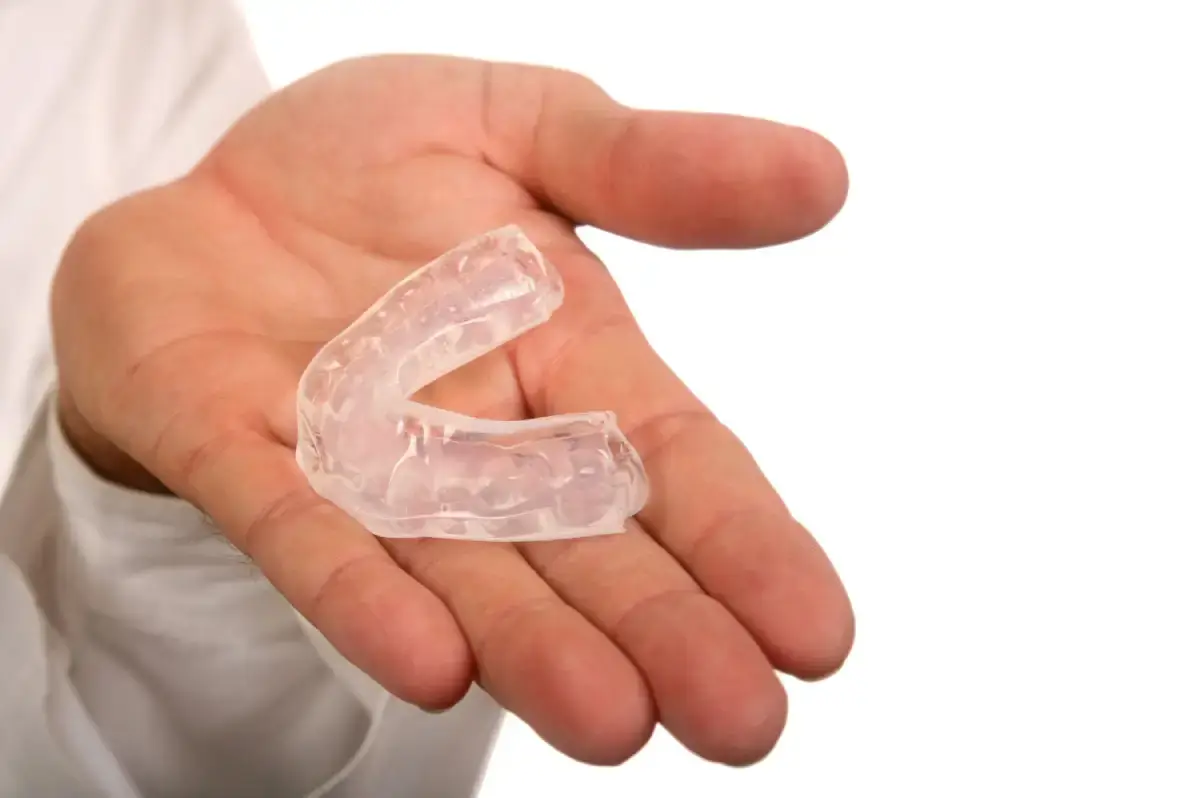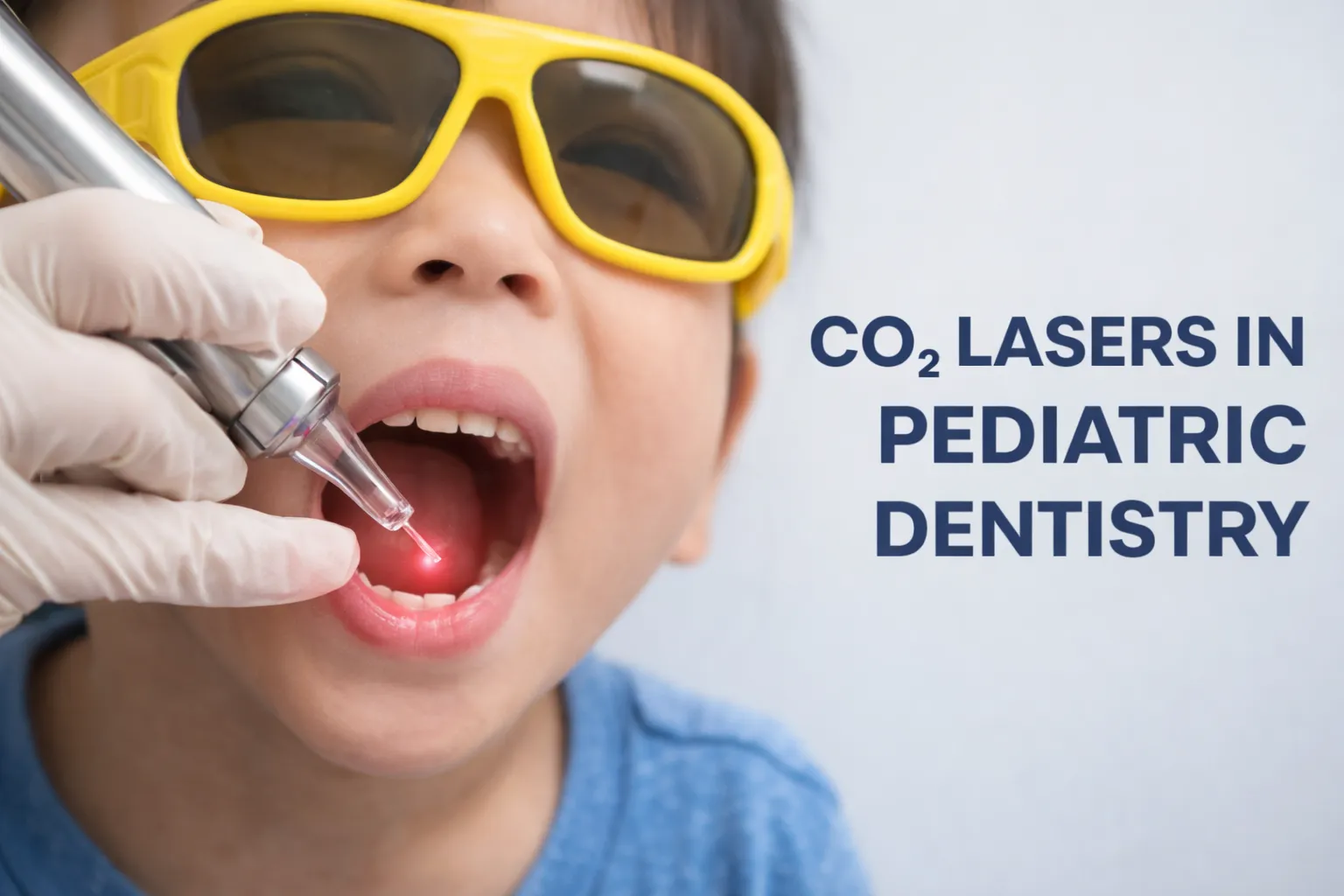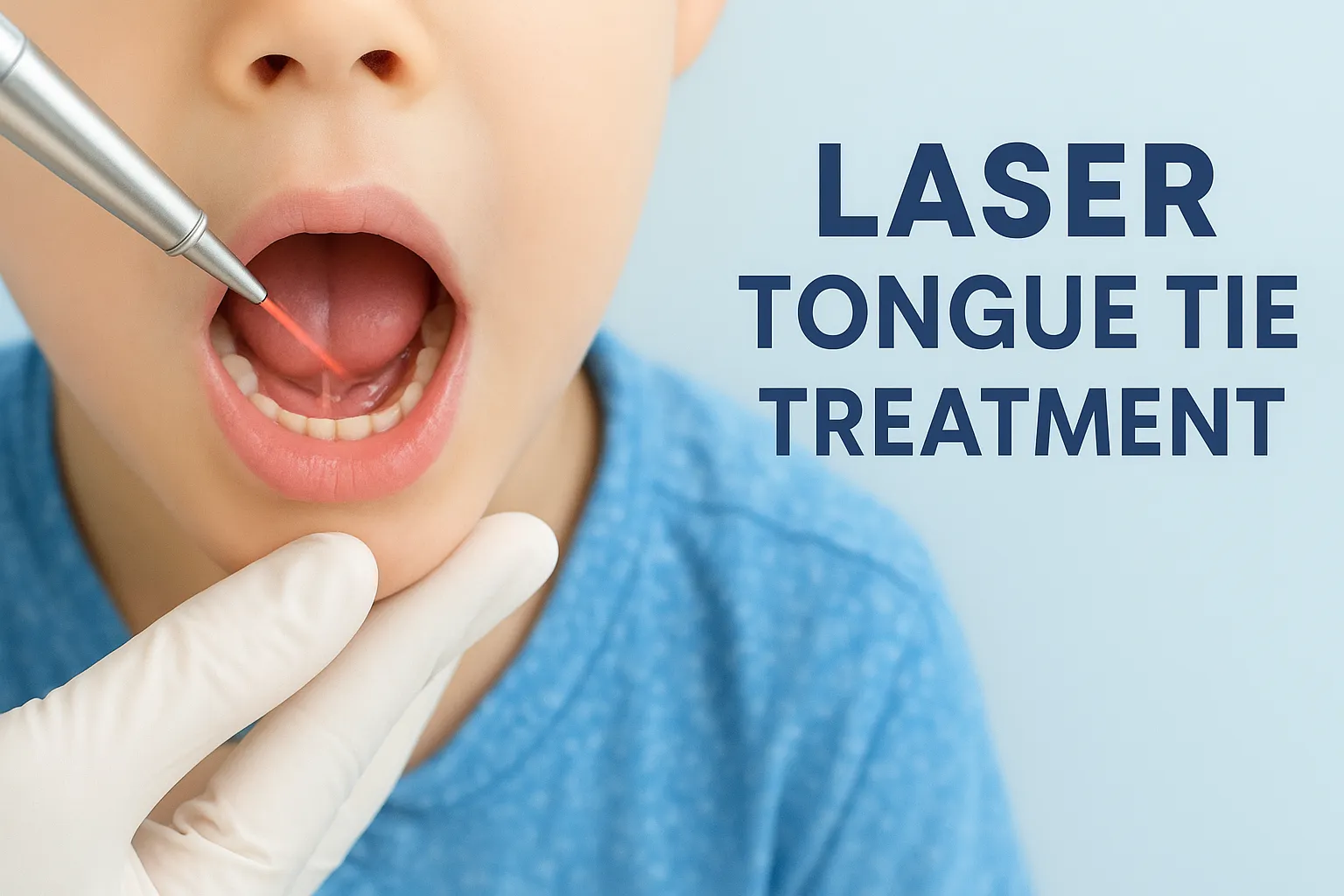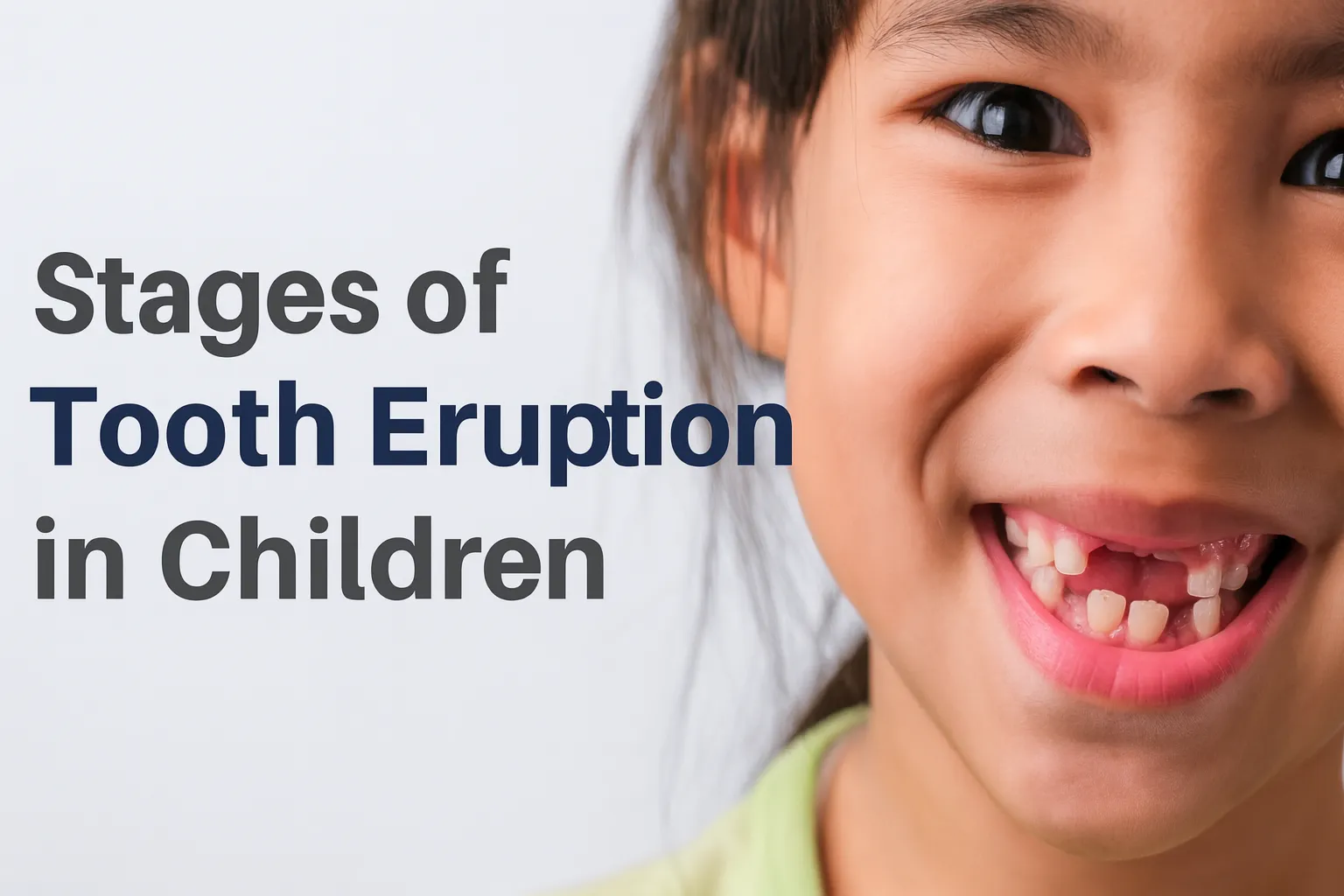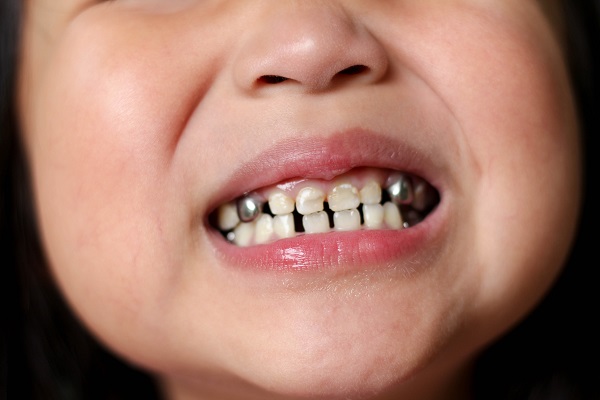1. A direct blow to your face can result in a lot of tooth trauma. Not only can your teeth be completely knocked out, but they can also become dislodged, cracked, chipped, or loosened, resulting in further injuries down the line. A mouthguard provides a cushion to reduce the impact of the blow.
2. When your mouth is hit, it must absorb the shock of the impact. Unlike other parts of your body, such as your torso, arms, and legs, the surface area of contact where the blow lands is less. Your mouth is unable to absorb the majority of the shock, increasing the potential for concussion and brain injuries. A mouthguard can reduce the risk of brain injuries by helping to absorb the shock.
3. The inner areas of the mouth, such as the inside of your lips, tongue, and inner lining of your cheeks are incredibly soft and will not brace against the impact well. Wearing a mouthguard will protect these areas from unintentional cuts sustained from your teeth.
4. A mouthguard is a relatively inexpensive device to purchase, providing long-term cost savings when it comes to dental injuries. Any type of dental injury can be expensive to repair depending on the damage incurred, and may require multiple visits to the dentist. A mouthguard can minimize these dental injuries or prevent them.
5. Those who wear orthodontic appliances such as braces will want to wear a mouthguard to prevent bracket damage. This saves a lot of time and money on having these repaired, but more importantly, the mouthguard serves as a barrier between your cheek, lips, and braces. This reduces gum injuries on impact during contact sports.
6. When wearing a mouthguard, you reduce the risk of fractures and bone damage to both the lower jaw and the neck. Mouthguards are used as a preventative measure against more serious injuries.
Ready-Made Versus. Custom Made Mouthguards
When looking to purchase a mouthguard, you are going to come across either a ready-made option or a custom-made option. Let’s take a look at the differences between these and what their pros and cons are.
1. Ready-Made or Stock Mouthguards
A stock mouthguard is one that you can buy off the shelf which comes ready to wear. It is pre-formed out of either rubber or polyvinyl and will come with different size options, including small, medium, and large. While these are great as an inexpensive option, their fit cannot be adjusted, they are bulky to wear, will make speaking, and breathing difficult and can easily fall out when the mouth is open. They provide the least protection out of all mouthguard types.
2. Custom Made or Custom-Fit Mouthguards
This type of mouthguard is formed to fit the exact contour of your mouth. It is made out of using a mouth impression or mouth mold which is sent to a dental lab and fabricated out of high-quality material. It provides a comfortable and tight fit. While this option can be expensive to purchase and/or replace, it does not interfere with speech or breathing, covers all of your teeth snugly, and may be covered by dental insurance. It provides the best protection as it can be molded to address certain areas of concern.
3. A Boil & Bite Mouthguard
This one isn’t quite custom-fit but it’s also not a stock option. It can be bought off the shelf, but it needs to be soaked in boiling water to soften it up. Once softened, you place the material in your mouth and bite down to allow the thermoplastic to shape around your teeth. It is cost-effective and can provide a good fit but it will wear out in a short amount of time and can be a bit bulky.
Wrapping It Up
A well-fitted mouthguard is going to cover and protect all of your teeth, cushion the jaw, and provide ample room between the top and bottom sets of teeth. With the ample room and extra cushioning, your teeth aren’t jammed together on impact and frontal blows will be absorbed to help prevent knocked out teeth.
If you or your children are planning to play a contact sport, a mouthguard will help prevent a dental injury that would cause lasting damage. If you have any questions regarding mouthguards, call us today at +919860633281 to schedule your free consultation.


5 Benefits of Wearing Mouth Guards for Contact Sports
Each year, about 5 million teeth are dislodged due to contact sports trauma and injuries. Injuries suffered during sports contact can have adverse and long-term consequences. Keep in mind that oral injuries go beyond teeth loss. It can cause damage to soft mouth tissues or even worse, cause jaw
injuries, traumatic brain injuries, and neck injuries. These can limit your ability to participate in your favorite contact sports ever again.
For these reasons, if you or your family members are active in sports or other physical activities, a mouthguard can come in handy. If you need help choosing a mouthguard, you should visit your dentist for recommendations.
What is a Mouthguard?
Most sports-related injuries can be avoided by wearing a mouthguard. A mouthguard is a dental device worn over the teeth to reduce the impact of contact sports accidents. Not only does a mouthguard protect your teeth, but it also protects your head against impact blows to the jaw, which can result in loss of consciousness or concussions. Mouthguards should be worn by athletes active in high-impact sports such as basketball, boxing, football, field hockey, lacrosse, gymnastics, ice hockey, rugby, racquetball, skateboarding, volleyball, soccer, wrestling, and skiing.
3 Types of Mouth Guards
When choosing a mouthguard for contact sports, you have three primary options to consider. These include:
1. Stock mouthguards – These are the cheapest and most readily available mouthguards. They are pre-made and available in various sizes. However, since they are pre-made, it isn’t easy to find a perfect fit. Wrongly fitted mouthguards can harm your teeth and gums and affect your ability to breathe or speak properly. This can significantly affect your performance during sports. For these reasons, stock mouthguards are only recommended for occasional use.
2. Boil-and-bite mouthguards – Like stock mouthguards, boil and bite mouthguards are pre-made. However, they provide a better, tighter, and safer fit than stock mouthguards. These mouthguards come in one size, but you can customize them to fit your teeth perfectly by boiling and biting down on them.
3. Custom mouthguards – These mouthguards are more expensive, but they are the most effective option for athletes active in high-impact sports. The dentist uses impressions of your teeth and mouth to create a personalized mouthguard. If you have dental restorations such as bridges and braces, the dentist takes impressions around them to ensure a precise fit.
It’s worth noting that mouthguards for children must be replaced as they grow. Mouthguards wear out or weaken with time, which can compromise protection. Therefore, mouthguards must be replaced after some time to ensure maximum protection.
5 Benefits of Mouthguards
A mouthguard is a vital piece of equipment when it comes to protecting your mouth. Sports guards can:
1. Protect Your Teeth
Protection against teeth damage is one of the key benefits of wearing a mouthguard during contact sports. Broken, chipped, fractured, or knocked-out teeth are the major injuries sustained during sports. Mouthguards protect the teeth against injury.
2. Protect Your Dental Restorations
You should be extra careful during contact sports if you have dental restorations such as dental crowns, braces, and bridges. Damage to these restorations can hurt your mouth and cause the need for expensive replacements or repairs. Wearing a mouthguard will reduce the impact during an accident, protecting your dental work from damage.
3. Protect the Soft Tissues in Your Mouth
Protecting your teeth and dental work prevents damage to other parts of your mouth, such as the lips, gums, cheeks, and tongue.
4. Prevent Serious Injury
Apart from protecting your teeth and dental work, wearing a mouthguard can protect you from serious injuries during contact sports. Investing in a quality mouthguard can absorb a blow to the jaw, preventing fractured jaw, concussion, neck injuries, and cerebral hemorrhage.
5. Save You Money
In the absence of a mouthguard, your teeth and dental restorations are more likely to break, chip, fracture, or fall out. You can also get deep cuts or bruising on the tongue, lip, cheeks, and gums. Protecting your mouth, head, and neck will prevent the need for complex and expensive treatments, saving you thousands of dollars.
Final Verdict
A properly fitting mouthguard protects you from head, mouth, neck, and brain injuries without affecting your performance. If you’re interested in mouth guard services, contact Wellesley Dental Arts to book your appointment today.
Meet Our Pediatric Dentist

Dr. Abhishek Soni- BDS, MDS – Pediatric & Preventive Dentist
At Vanilla Smiles Dental Clinic in Pune, Dr. Abhishek Soni stands out as the leading pediatric and preventive dentist in the area, committed to providing top-notch care to your little ones.
With an impressive background in dentistry, Dr. Abhishek Soni, BDS, MDS, brings a wealth of knowledge and experience to his practice. He specializes in child dentistry, making him the go-to expert for parents seeking the best pediatric dentist in Pune. His dedication to the field is evident through his extensive list of services aimed at addressing the unique dental needs of children.
Frequently Asked Questions (FAQ)
1. Why are mouthguards important for contact sports?
Mouthguards help protect teeth, gums, lips, and the jaw during contact sports by absorbing shock and minimizing the impact of sudden blows to the face.
2. Which sports require wearing a mouthguard in Pune?
Sports like football, cricket, basketball, boxing, wrestling, hockey, rugby, gymnastics, skating, and martial arts strongly require mouthguards for added protection.
3. How does a mouthguard prevent tooth fractures and knocked-out teeth?
A mouthguard acts as a cushioning barrier, spreading the impact evenly and reducing the chances of chipped, cracked, loosened, or avulsed (knocked-out) teeth.
4. Can a mouthguard reduce the risk of concussion?
Yes. By absorbing shock from a blow to the jaw, a mouthguard helps lower the risk of concussion and traumatic brain injuries.
5. Should children in Pune who play sports wear mouthguards?
Absolutely. Kids are more prone to dental injuries during sports. A mouthguard ensures protection for growing teeth and prevents long-term dental complications.
6. What type of mouthguard is best for athletes in Pune?
Custom-made mouthguards from a dentist offer the best protection, comfort, and fit. They stay secure and allow easy breathing and speaking during sports.
7. How often should a child’s mouthguard be replaced?
Children’s mouthguards should be replaced yearly or sooner if the child’s teeth grow or the mouthguard shows signs of wear and tear.
8. Can I wear a mouthguard if I have braces or dental crowns?
Yes. Custom-fit mouthguards are specially designed to protect orthodontic appliances and prevent bracket damage or soft tissue injuries.
9. Are custom mouthguards expensive?
While custom mouthguards cost more than ready-made ones, they offer superior protection and can help avoid expensive dental treatments later.
10. Where can I get a custom-made mouthguard in Pune?
You can get high-quality, custom-fit mouthguards at Vanilla Smiles Dental Clinic, Shivaji Nagar, Pune, under the guidance of Dr. Abhishek Soni, a leading pediatric dentist.
For more information kindly visit our website: https://www.vanillasmiles.dental/
Find clinic here: Get direction
Call Now: +919860633281
Address: Soni Capital, 2nd Floor, Near Shreyas Hotel, 1237, Apte Road, Shivaji Nagar, Pune, Maharashtra 411004 India
